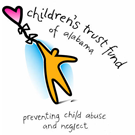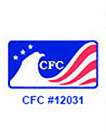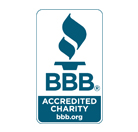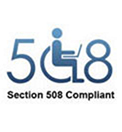Spanish Speaking Forensic Interview Training
Conducting forensic interviews of children and adolescents is always a complex task requiring interviewers to establish and maintain rapport with a child, understand and track the child’s information, form appropriate and non-leading questions, and adjust interview strategies to accommodate each child’s linguistic style and developmental abilities. Research has provided interviewers with a road map, questioning approaches, and recommendations for interviewing children in active disclosure.
However, forensic interviewers receive little direction from research to guide them in adapting their practices with children who are primarily Spanish-speaking and who come from widely varying cultural backgrounds. Additional challenges for professionals when conducting a forensic interview with a Spanish-speaking child/adolescent include variations in family dynamics, cultural and social norms, perception of and relationship with the legal and child protection systems, degree of assimilation of child and family, socio-economic and educational concerns, and the complexities of language (grammar, word meaning, linguistic structure, and styles of communication including non-verbal communication).
This training will begin with a review of the principles of recognized “best practice” forensic interviewing, then will quickly move to address the unique challenges faced by forensic interviewers who work with a variety of culturally diverse Spanish-speaking populations. The training will focus on how to accommodate the needs of these children without compromising the integrity of “best practice” interviewing approaches.
This training will provide an opportunity for observation of each other’s recorded interviews followed by discussion, feedback, and suggestions. Participants are asked to bring recordings of challenging interviews to share with the class. This training is not protocol specific. Completion of a nationally recognized forensic interviewing basic training and current forensic interviewing practice is required. Training instruction and materials will be primarily in English. Due to the bilingual nature of the course, we recommend participants have a strong working knowledge of both English and Spanish language. If you need interpretation or any other accommodation to participate in this training please contact the training coordinator. International participants are responsible for their own interpretation services.
For more information, contact Brooke Sowells or call 256-327-3777.










